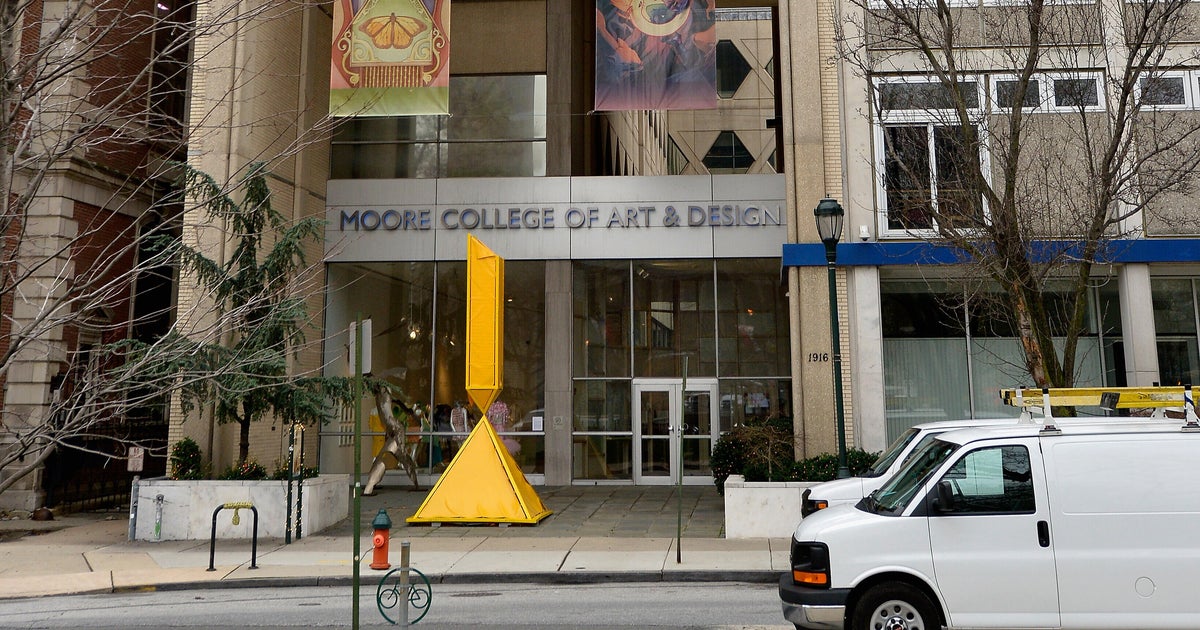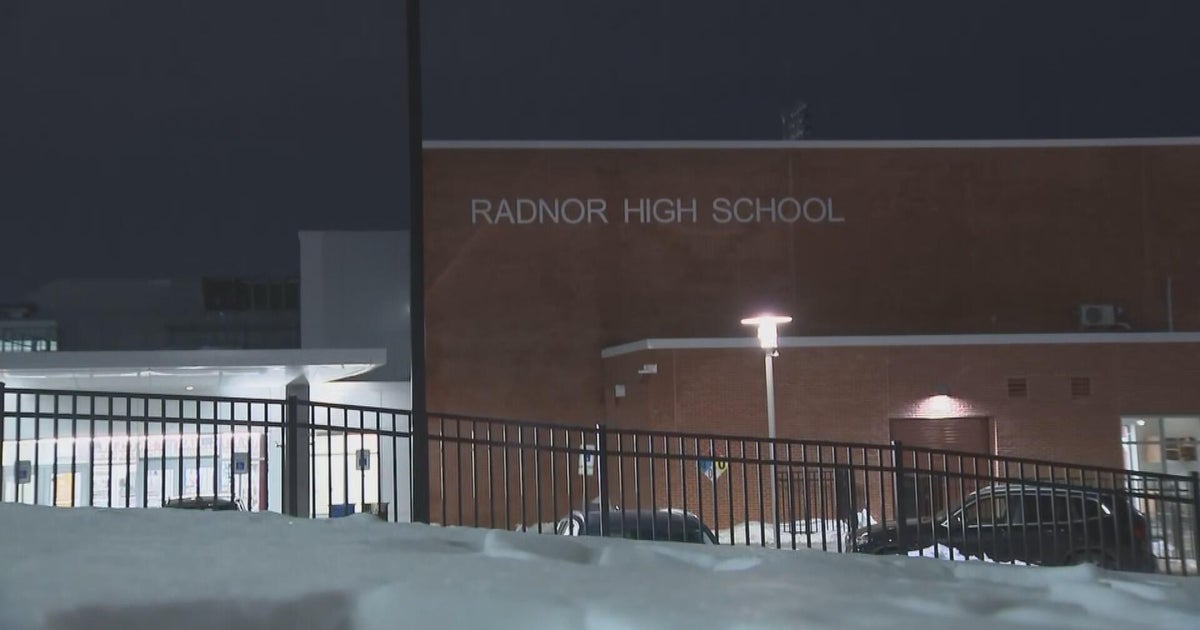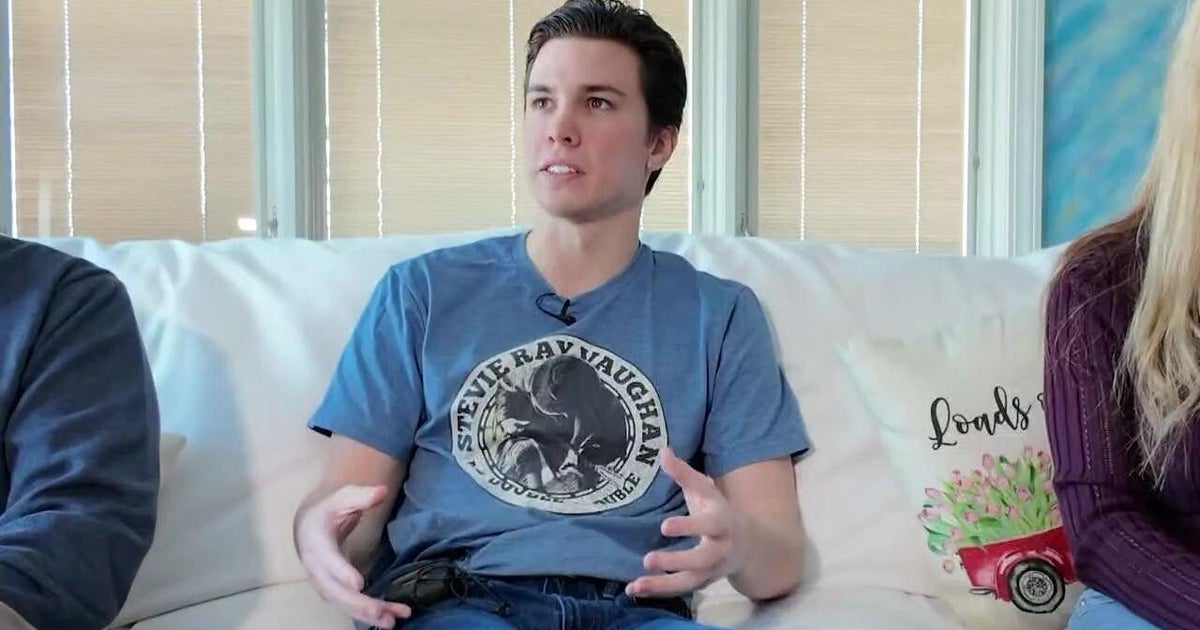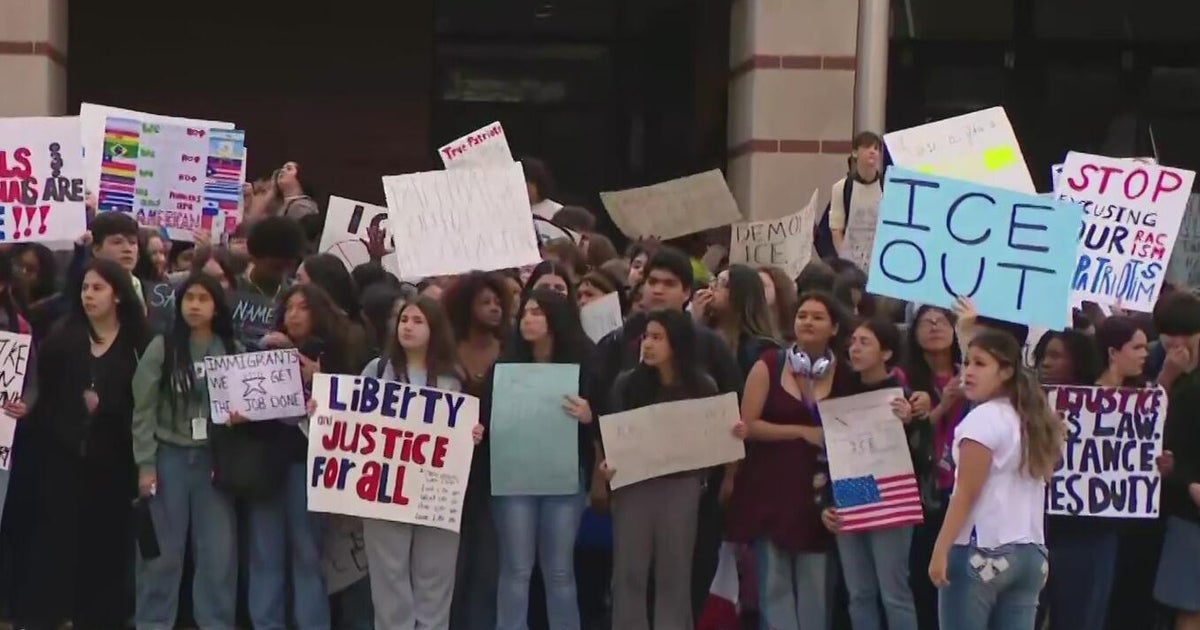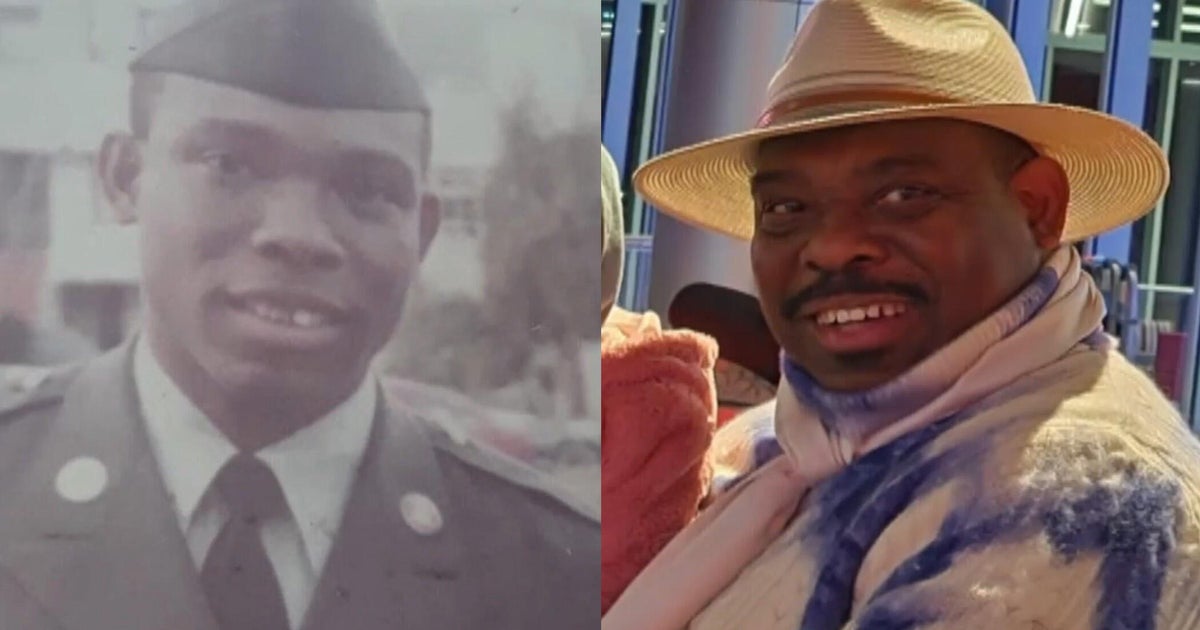Appeals Panel Mulls Retrial Of Former Rutgers Student In Tyler Clementi Case
NEWARK, N.J. (CBSNewYork/AP) -- A former Rutgers University student, whose criminal trial in a webcam spying case prompted a national discussion about cyberbullying and homophobia on college campuses, likely will have to wait a few months to find out whether a state appeals panel will order his 30-day sentence invalidated or lengthened or will send him back for a new trial.
Dharun Ravi secretly broadcast online images of roommate Tyler Clementi, 18, in an intimate encounter with another man, and Clementi, a freshman in his first weeks at Rutgers, later jumped off the George Washington Bridge. Ravi was convicted of bias intimidation, invasion of privacy and other crimes.
A three-judge panel will consider whether a judge overstepped his authority in 2012 when he sentenced Ravi, who had faced up to 10 years in state prison, to county jail where he ultimately served 20 days. The panel will also determine whether a state Supreme Court ruling last year invalidates some or all of his 15-count conviction.
A ruling is expected in three or four months.
Clementi's parents, who formed a foundation that addresses bullying and lesbian, gay, bisexual and transgender issues, attended Wednesday's hearing in the Ravi case.
In the more than five years since their son's death, Jane Clementi wrote in an email, ``the values of this country have evolved due to the good work and good intentions of many people and organizations. Americans… are more sensitive today to the enduring harm that bullying can cause.''
Ravi didn't attend the proceeding. His attorney, Steven Altman, didn't give details on his whereabouts but said he had a job and was getting along well even though he didn't return to college after leaving Rutgers.
``He's doing fine,'' Altman said. ``He's dealing with it a lot better than a lot of people could.''
A good chunk of Wednesday's arguments concerned a Supreme Court ruling that invalidated part of the state's bias intimidation statue. Altman argued that the four bias intimidation counts on which Ravi was convicted should be thrown out.
He also argued that some evidence used to convict Ravi on other charges, such as an email from Clementi to his dorm residential adviser asking to switch rooms, wouldn't have been allowed at the trial under the new law. He said it's customary for changes to state law to be applied retroactively.
Altman also appealed on the grounds that the trial judge failed to give attorneys a copy of his jury instructions and that Altman was restricted in his questioning of the man who was involved in the intimate encounter with Clementi.
Middlesex County assistant prosecutor Joie Piderit conceded that one of the four bias counts should be vacated but said three others should stand because they satisfied elements of the law that last year's high court ruling didn't disturb. She argued that evidence like the email that showed Clementi's state of mind were crucial to the invasion-of-privacy counts because those statements showed ``he wasn't consenting'' to being surreptitiously filmed.
Piderit faulted the state Superior Court judge for defending Ravi's sentence by saying he wasn't going to sentence him to a state prison ``that houses people convicted of offenses such as murder, armed robbery and rape.''
``The court was never going to sentence this defendant to prison, and our code doesn't allow him to do that,'' Piderit told the appellate panel.
(TM and © Copyright 2016 CBS Radio Inc. and its relevant subsidiaries. CBS RADIO and EYE Logo TM and Copyright 2016 CBS Broadcasting Inc. Used under license. All Rights Reserved. This material may not be published, broadcast, rewritten, or redistributed. The Associated Press contributed to this report.)
